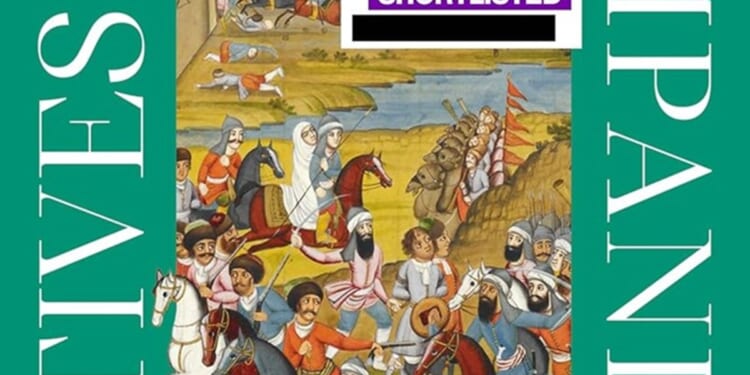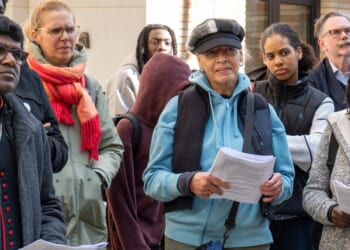IT IS estimated that the Arab slave trade, international in its scope, enslaved 17 million people between 650 and 1905, far more than the Atlantic slave trade established from the 15th century to the 19th by Europeans. Some of the last countries to abolish slavery were Muslim, in particular Iran, in 1928; Saudi Arabia, in 1962; and Oman, as late as 1970. Despite its formal illegality, however, hereditary slavery persists today in various Muslim countries, such as Mali and Mauritania.
Despite such facts, as Justin Marozzi, the author of this book, informs us, academic study of slavery in the Muslim world has been characterised by a “deafening silence”. He cites Bernard Lewis, formerly a world leader in Islamic studies, who remarked that it had been “professionally hazardous” for young scholars to write on such a subject, as it would be regarded as “a sign of hostile intentions”. Although recently certain academics have made “important inroads” in this area of study, there is still a general reluctance by Islamic scholars to discuss slavery within the Arab world. Zeinab Badawi, therefore, argues: “the silence must be broken.”
Marozzi, a British historian, journalist, and author, known for his works on Islamic history and global affairs, has cogently spoken out. He writes without rancour or partisanship, objectively presenting the history of slavery as it is. His account is as unsparing in its treatment of Christian involvement in human trafficking as it is of Muslim practice.
Drawing on a vast array of historical sources and contemporary testimonies, Marozzi provides a broad survey of slavery across Islamic societies from the seventh century to the present day. In so doing, he delves into various forms of enslavement, including agricultural labour, domestic servitude, military service, and elite concubinage. Unflinching and non-polemic in his analysis, Marozzi states how slavery was practised by Muhammad and is condoned in the Qur’an.
Interestingly, reference is made to some slaves, men and women who were “enabled to shrug off their servitude and rise to the commanding heights of society — as political leaders and military commanders, as singers, poets and musicians, who could be the richest figures of their age”.
A prime example is Antara ibn Shaddad, who, in the fifth century, rose from slavery to become a great warrior and poet.
Intended for the general reader, but underpinned by rigorous scholarship, Captives and Companions is a significant contribution to the study of slavery, offering a well-researched and -written account of the history of slavery in the Islamic world. Its relevance is sharpened today, as appeals for reparations and historical justice continue to resonate across Africa and beyond.
Dr Simon Ross Valentine is a writer on Islam.
Captives and Companions: A history of slavery and the slave trade in the Islamic world
Justin Marozzi
Allen Lane £35
(978-0-241-52215-8)
Church Times Bookshop £31.50

















